As the hugely hyped Ghost of Tsushima: Director’s Cut PC port gears up for its May 16 arrival, players worldwide are abuzed with excitement. Not everyone is so happy though, with PlayStation gamers up in arms over the release.
Developed by Sucker Punch, Ghost of Tsushima exclusively launched for PlayStation consoles in 2020 and instantly received critical acclaim for its mechanics, stunning gameplay, and feudal Japan setting. The decision to bring Tsushima to PC was later confirmed by Sony, causing a wave of mixed reactions across social media platforms and gaming forums—mostly, that is. While PC gamers have rejoiced at the prospect of experiencing Jin Sakai’s epic journey in a stunning 4K resolution and uncapped frame rates, many loyal PlayStation users have today expressed frustration and disappointment over the move.

“We’ve all bought PS5s for no reason if they are going to get rid of all their exclusives and bring them to PC”, one avid PlayStation player voiced on the Steam community forum. Another disgruntled player on X (formerly Twitter) wrote, “We supported this game from the beginning, and now they’re just giving it away to PC gamers? Where’s the loyalty?”
The sentiment echoed by PlayStation enthusiasts showcases an emotion of exclusivity that has long been associated with console gaming. With triple-A titles often serving as system sellers, the exclusivity factor has historically been a driving force behind console sales. But, not all loyal PlayStation fans share the same level of dissatisfaction. Some acknowledged the benefits of the PC release, including the opportunity for more players to experience the game and potentially attract new fans to the franchise.
Despite the backlash from a smaller segment of the PlayStation community, the decision to bring Ghost of Tsushima: Director’s Cut to PC aligns with Sony’s broader strategy of expanding its presence in the PC gaming.
However, it’s not without risks. Sony has already faced severe backlash from the PC gaming community over the integration of PSN accounts with Steam, as seen in the case of Helldivers 2. This serves as a reminder of the delicate balance that game developers and publishers must strive for when navigating multi-platform releases.
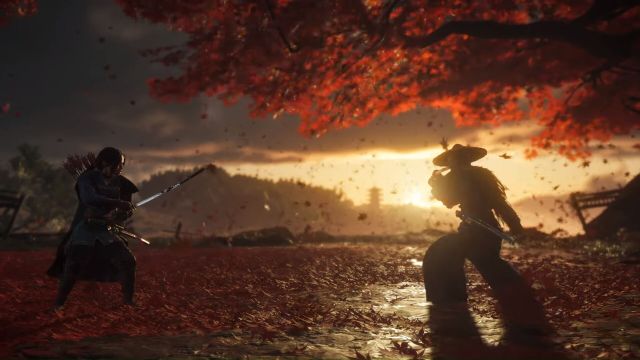
As boundaries between platforms continue to blur, the debate over exclusivity versus accessibility will persist. While the attraction of console exclusives remains a force, the growing popularity of PC gaming and the desire to reach a wider audience may give rise to more devs and title publishers exploring multi-platform releases.


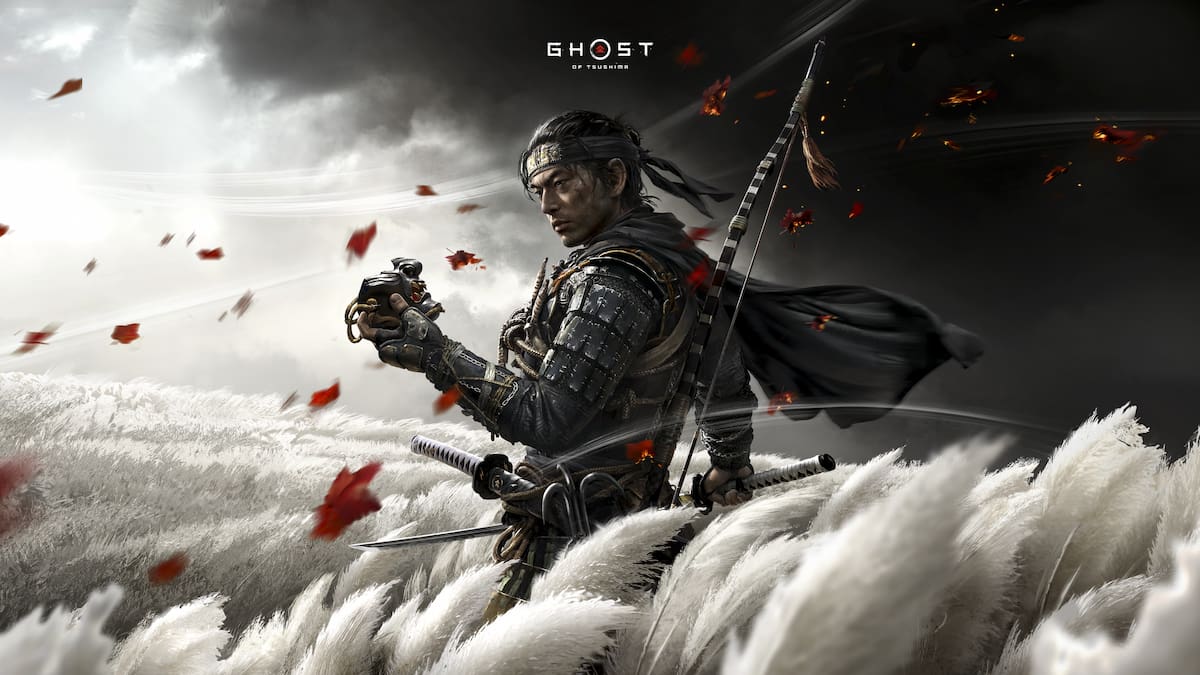
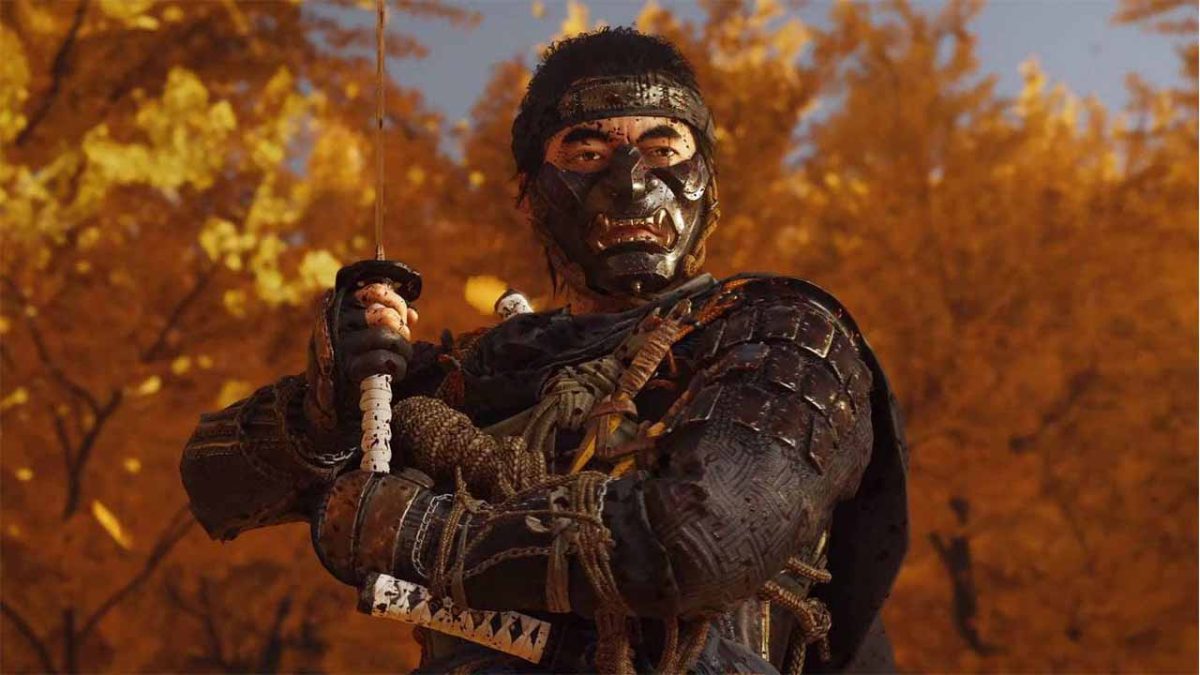


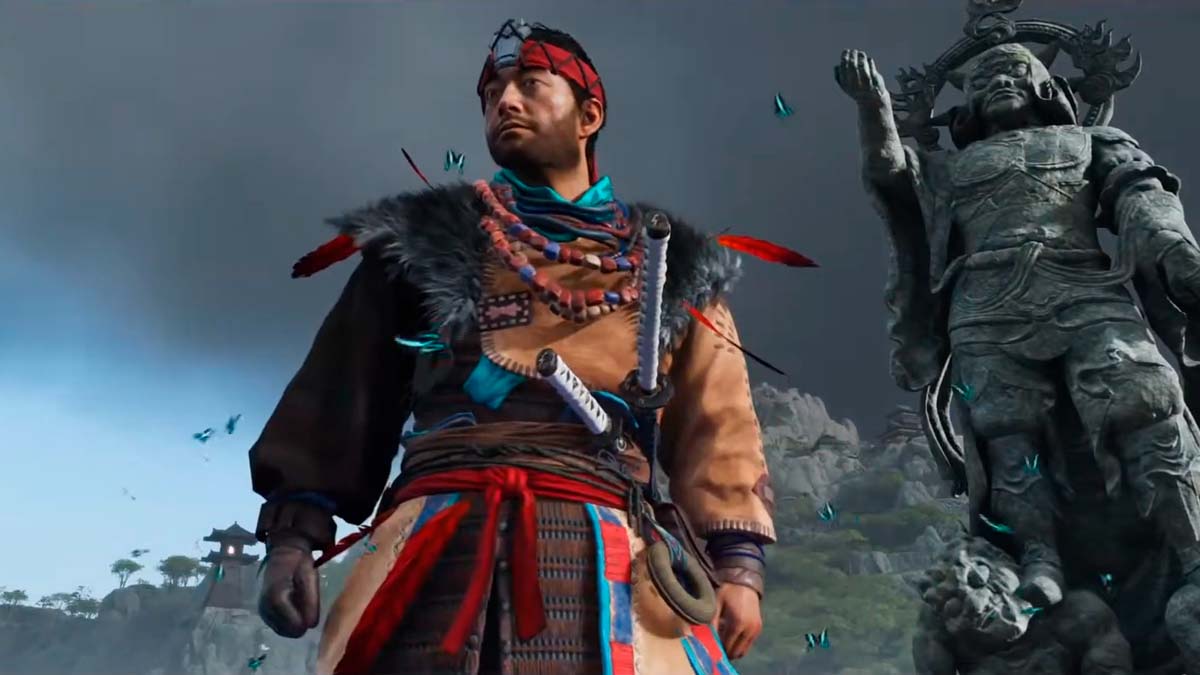

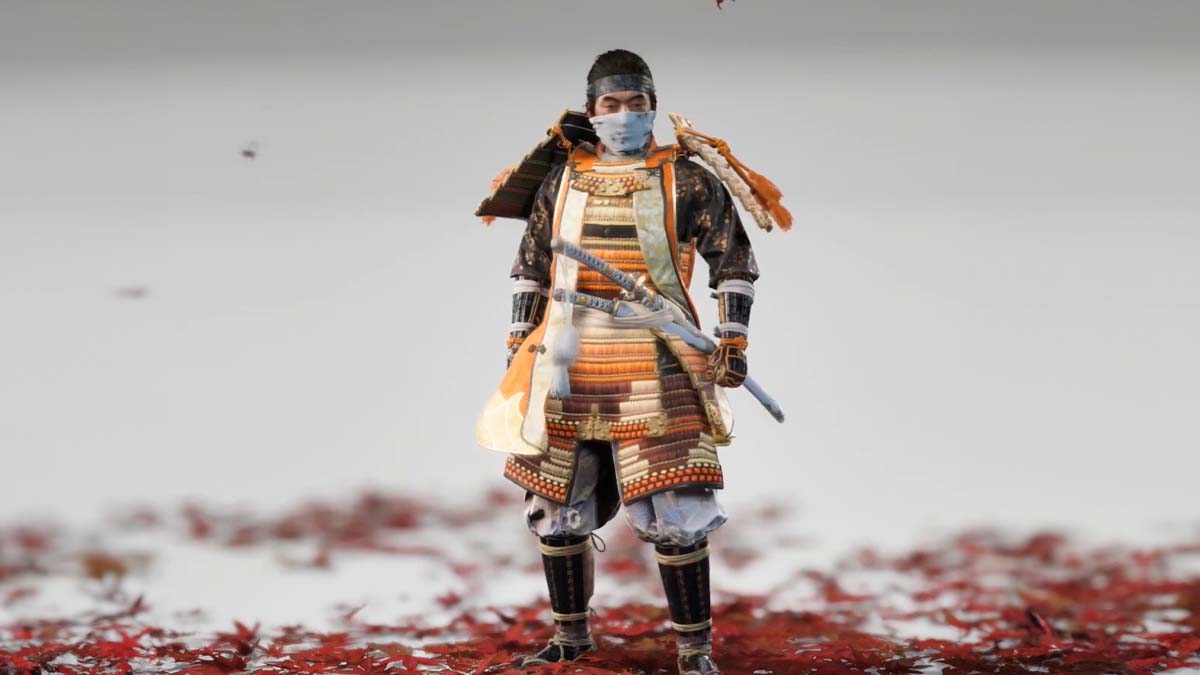

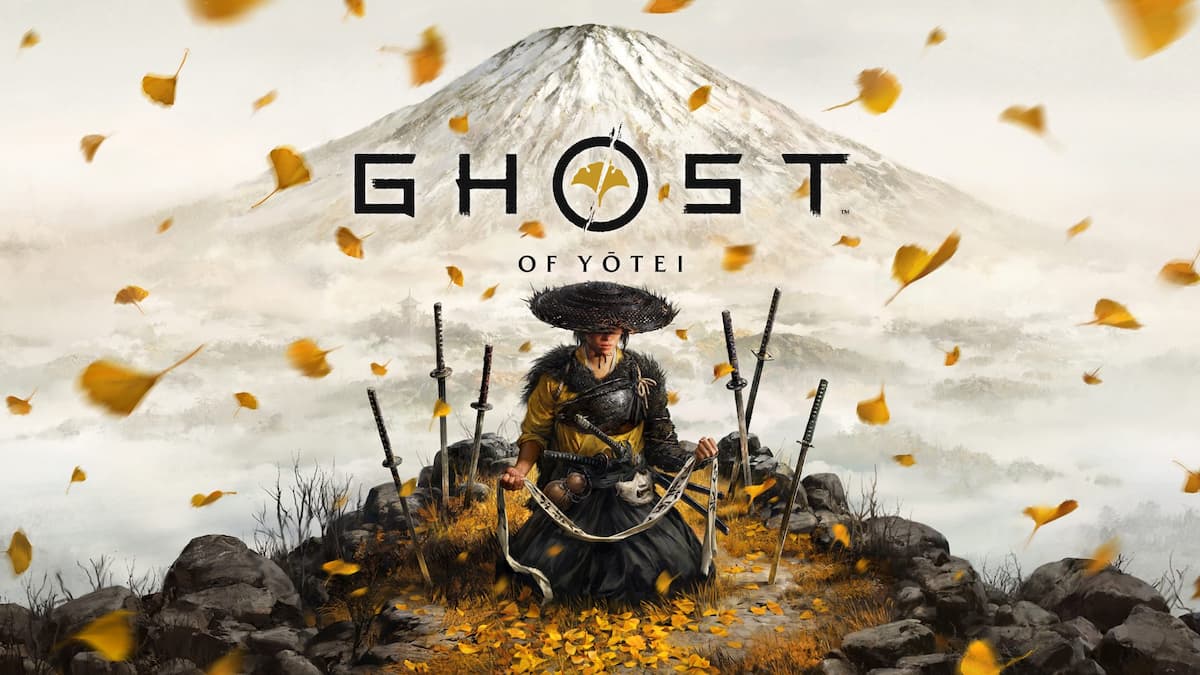
Published: May 8, 2024 07:51 pm